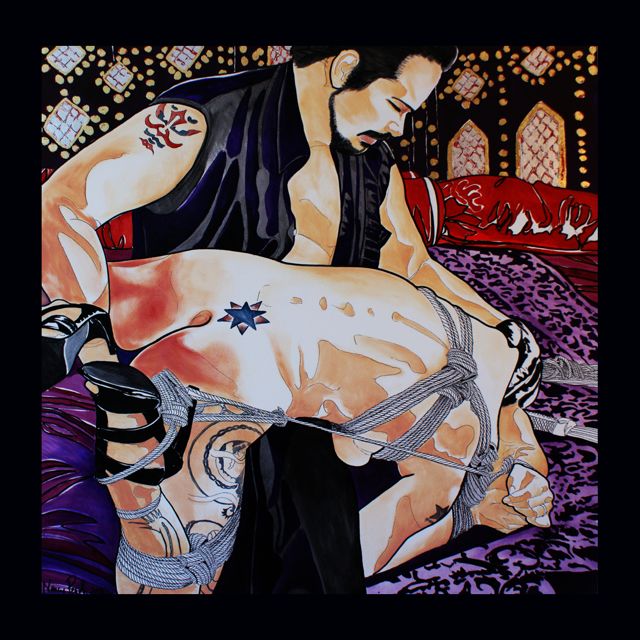Supreme Court Decision in the Communications Decency Act (CDA)
March 20, 2006 – Washington D.C.
Today the U.S. Supreme Court affirmed the Federal District Court’s decision in Barbara Nitke and NCSF v. Alberto Gonzales, the challenge to the Communications Decency Act, #01 CIV 11476 (RMB). The Supreme Court has affirmed the lower court’s decision without hearing oral arguments, sending a clear signal that the court will not protect free speech rights when it comes to sexually explicit materials.
The NCSF and Nitke lawsuit was successful in weakening the Miller standard of judging obscenity: the District Court for the Southern District of NY made a factual finding that the SLAPS prong of Miller does not provide protection against prosecution as it was intended to do. The Miller decision (1973) stated that materials were constitutionally protected if the work, taken as a whole, has “serious literary, artistic, political, or scientific value.” However the District court accepted evidence from NCSF and Nitke that prosecutors and juries in more restrictive communities are less likely to extend protection to artistic and literary materials that are outside the mainstream of traditional sexuality.
“We have proven that Miller does not work,” says Susan Wright, Spokesperson for NCSF. “But the Supreme Court has declined to strike it down at this time. That means every website on the Internet can be judged by the most repressive local community standards in the U.S.”
The Supreme Court decision shows the importance of supporting NCSF, one of the few organizations proactively fighting obscenity laws. The CDA makes it a crime to post obscenity on the Internet because those materials may be viewed by children. NCSF and Nitke believe that adults should have the right to post and view sexually explicit materials involving consenting adults on the Internet.
“We knew that the Bush administration was laying its plans to prosecute sexually explicit material on the Internet,” says John Wirenius, attorney for the plaintiffs. “By filing our lawsuit in 2001, we may have slowed the Justice Department from prosecuting obscenity in 2002-3, but the number of obscenity prosecutions has steadily increased ever since. We believe in fighting this battle and we took our fight all the way to the Supreme Court.”
“I think we’ve achieved a great victory in drawing attention to how politicized our judicial system has become,” says co-plaintiff Barbara Nitke, a fine art photographer who explores sexual relationships in her work. “Our obscenity laws are outmoded, especially in conjunction with the Internet. We’ve made a huge dent in how obscenity will be judged in the future, and I hope others will now stand up and continue to fight against repressive laws like this.”
NCSF and Barbara Nitke would like to thank everyone who contributed to fund this important lawsuit, as well as the many dedicated witnesses and lawyers who assisted in bringing this case to court. In particular, NCSF and Nitke thank John Wirenius for his outstanding efforts in this case and his dedication to First Amendment rights. NCSF intends to continue the fight against obscenity laws in the U.S.
National Coalition for Sexual Freedom – www.ncsfreedom.org
Barbara Nitke – www.barbaranitke.com
###
A project of NCSF
The National Coalition for Sexual Freedom is a national organization committed to creating a political, legal, and social environment in the United States that advances equal rights of consenting adults who practice forms of alternative sexual expression. NCSF is primarily focused on the rights of consenting adults in the SM-leather-fetish, swing, and polyamory communities, who often face discrimination because of their sexual expression.
National Coalition for Sexual Freedom
822 Guilford Avenue, Box 127
Baltimore, MD 21202-3707
410-539-4824
media@ncsfreedom.org
www.ncsfreedom.org

 Follow
Follow